Khalik Allah: A Halo in the Darkness of Night
6 41 Share TweetHe calls himself Khalik Allah – a creator, a limitless, timeless, infinite being. He documents life as it comes and goes, as it hurts, as it glows inside the protagonists of his stories. His photography and videography take us deep into the never-ending nights of Harlem, a place where the darkness might seem to reach its peak. Yet, he is capturing light in its purest form, reminding us that it lies in everyone’s eyes, within everyone’s self.
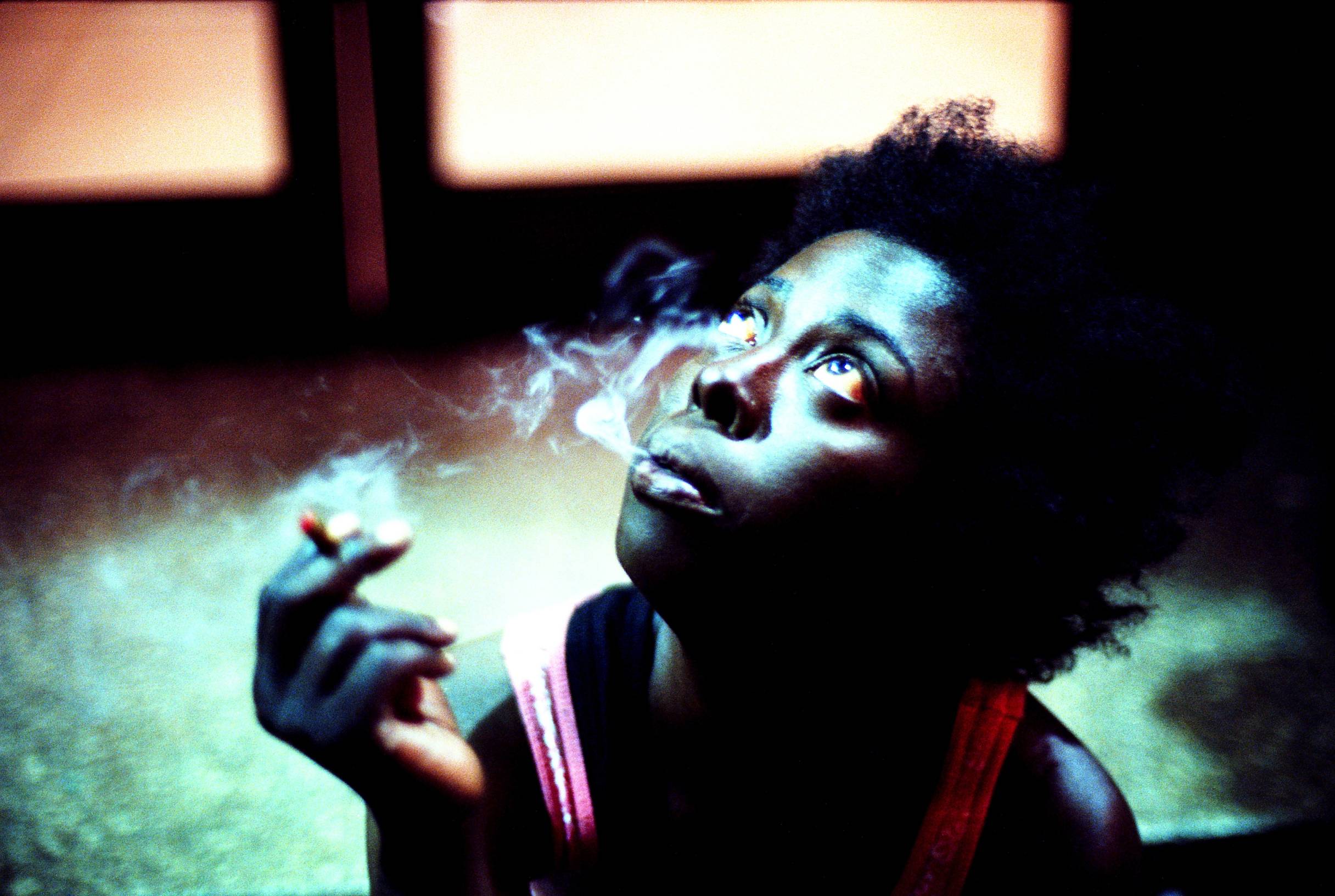
When did you first see the light of the day?
I always had light. I grew up with Knowledge of Self. Light is everything. That’s why I like photography because it’s the science of light.
Where do you currently live and shoot?
I’m in every borough of New York but I rest in Long Island, NY. I shoot in Manhattan, in Harlem, 125th st. and Lexington. Past curfew.
Your life in three sentences?
I was alive. I died. Then I realized I’m still alive.

Do you think a photograph can tell us something about the photographer’s life?
Instead of a mirror, I look at my work and see a truer reflection.
You used to concentrate on making film before you started to work more as a photographer. How and why did you turn towards photography and why did you choose analog over digital?
I came to photography as another means to make film. When you shoot film every exposure is connected to the next. I have 36 shots to tell a story on one roll. So each roll is a short film. Photography and filmmaking are brothers.
Receiving an analog camera from my father propelled me into photography. A digital camera wouldn’t have done that.
The influence of film shows up strongly in your pictures. The peculiar lights, the deep darkness, the faces: scenery we have only found in movies before. How much did filmmaking influence your style?
Films impressed me. My childhood was like a movie. Everything I’m doing now is a form of communication to me as a child. Like I could reach over and speak to myself. Time is an illusion. My photographs are a message to the three year old Khalik. This is possible because the mind is ageless. I think of films in the same way – like anything is possible.
Instead of a flash, you use existing light for your photography, be it natural or artificial. What do you think about the influence that light has on a photo? Could you explain your concept of ‘camera ministry’?
A photograph is a document written in light. I wouldn’t bring a flash with me into the streets; the only light I bring is my internal light, knowledge and understanding. Camera Ministry is about knowing that the light is within everyone. I just remind the people who forgot and I use photography to do that.

What is your favorite picture among your selection? Could you tell us the story behind it?
There’s a photograph I took of a young woman a minute before she got beaten up. I named the image 60, because it was literally a minute after I shot it that she got jumped. I didn’t photograph that, because I already gained her confidence when I asked her for permission for the first shot. Didn’t want to disrespect that confidence.
Your pictures are full of vibrant colors. Is it simply the result of the light surroundings that you choose or do you pay special attention to them?
The light around me is incandescent, synthetic lights – but they’re real in the sense that they illuminate a real environment. I focus on the light in my subjects’ eyes, any light in the background is complimentary, only a little light is necessary for me to create an exposure, even though I’m shooting 160 ISO film. I have a wide aperture lens.

We love your picture 99yearsOld. Did you plan the composition beforehand, or did you take it without knowing what the results would be?
I knew I wanted to focus on that type of framing that night. Every night I try to practice one thing. That shot has a church cross above Frenchie’s head. It’s underexposed but I was trying to frame that as well. I shot half a roll of film with that same composition but this one had the greatest expression.
You once said in an interview that night represents fear, that ’it’s like prison’. Night can also represent a sense of freedom: when the lights have fallen, we can hide, the pressure of social conventions we have to face in daytime has gone. The people you shoot don’t try to hide behind a superficial smile, they don’t pose. You lead us directly into their life. Wouldn’t the harsh daylight be a prison for this instinct?
Yes the night is a release, it’s like a good rain. To some it’s freedom to others it’s a prison; to itself it is only itself. I use it because it’s a character. It’s black and alive and wild. The night only represent fear to those with fear already in their minds. I use it to depict love and dismiss the petulant ideas of shadow figures. The dark, it surrounds my subjects and also represents how the beast so easily swallows them young.
You are close to Frenchie, one of the most important protagonists of your photographs. How do you manage to document the life on Lexington Avenue in such a natural, true way? Do you know all the people you shoot? How do you approach them?
Frenchie died, Sapphire died, Soloman died…. The list of stories in my mental library from these streets is now extensive. I use trust as a bridge to gain access to the intimate. That’s how’s it’s worked for me – just being straight up. Relationships are our only real value.
You get to know so many people and their lives in Harlem — what do you learn from them about life?
I learn that our lives are written and we’re the author. Everything that happens – choice is involved. I learn and teach to make better decisions.
In another interview you complained about many photographers shooting bare breasts and calling it a good photo. What do you consider a beautiful photograph?
It’s in the eye of the beholder. Beauty is only honesty to me.
What do you want people to feel when they look at your pictures?
Understanding.
Do you get inspiration from other photographers? If so, who influences you the most? What would you like to know about them?
A lot of films, my own childhood, my mother, my brothers – my whole upbringing and understanding of the universe inspires me.
Why do you focus on portraiture?
The face is the landscape in my work. Portraiture is a science. It’s often more intimate if you get permission from a subject, but I still manage to keep it somewhat candid in that environment that’s alive.
Where will your path lead you next?
So many projects. I’m still touring the world with Field Niggas. I write from an airplane heading to Tacoma. Next month it’s Geneva and Copenhagen. A new film in the works also my first book of photographs….
Khalik captures this imagery in an impressive documentary. The film “Field Niggas” takes you deep into this world, onto a trip through the darkness of the night:
Follow Khalik’s work on Vimeo, Tumblr and Facebook.
written by jennifer_pos on 2015-10-25 #people #videos #night #lifestyle #interview #light #bokeh #photographer #darkness #new-york #harlem #khalik-allah #field-niggas




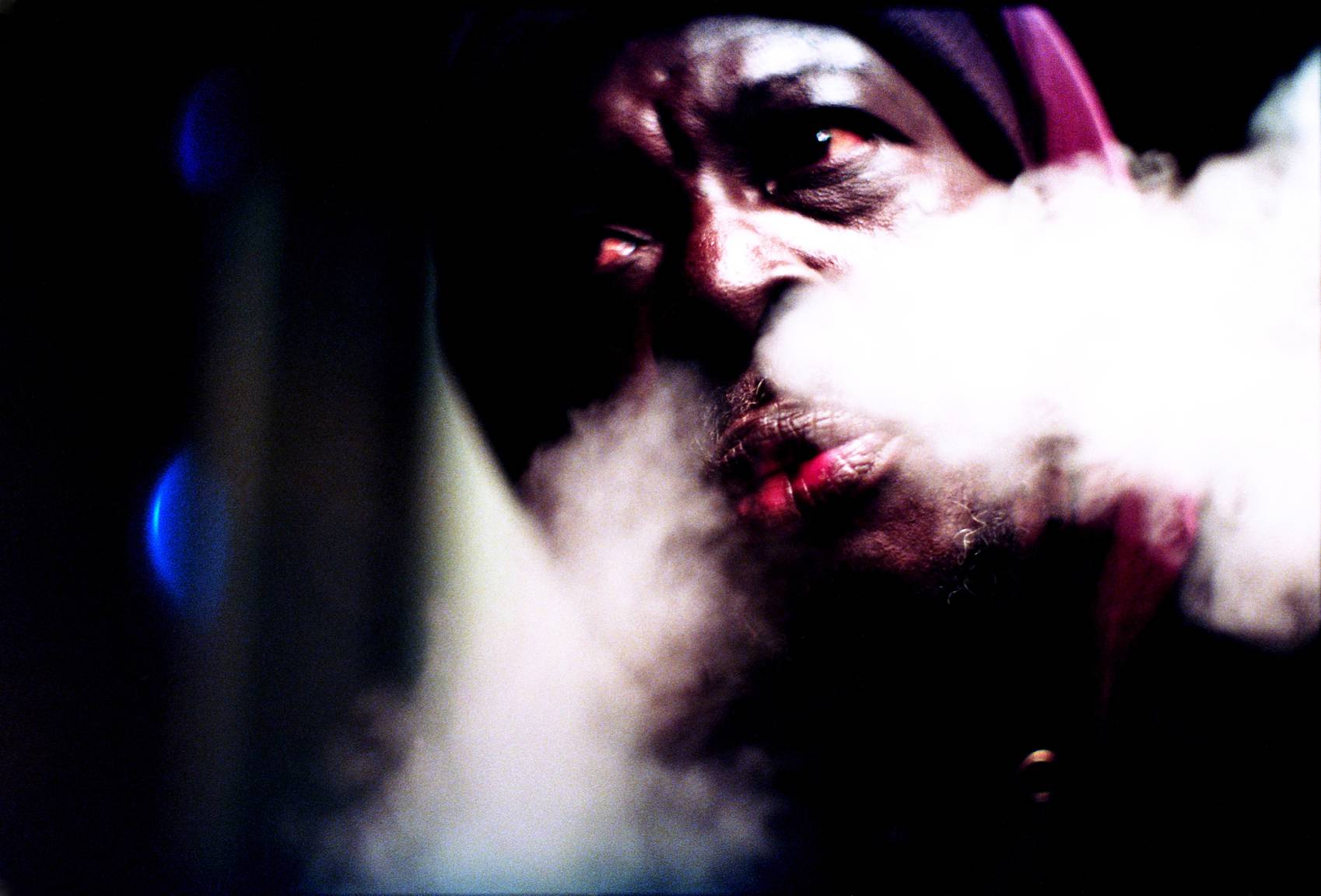




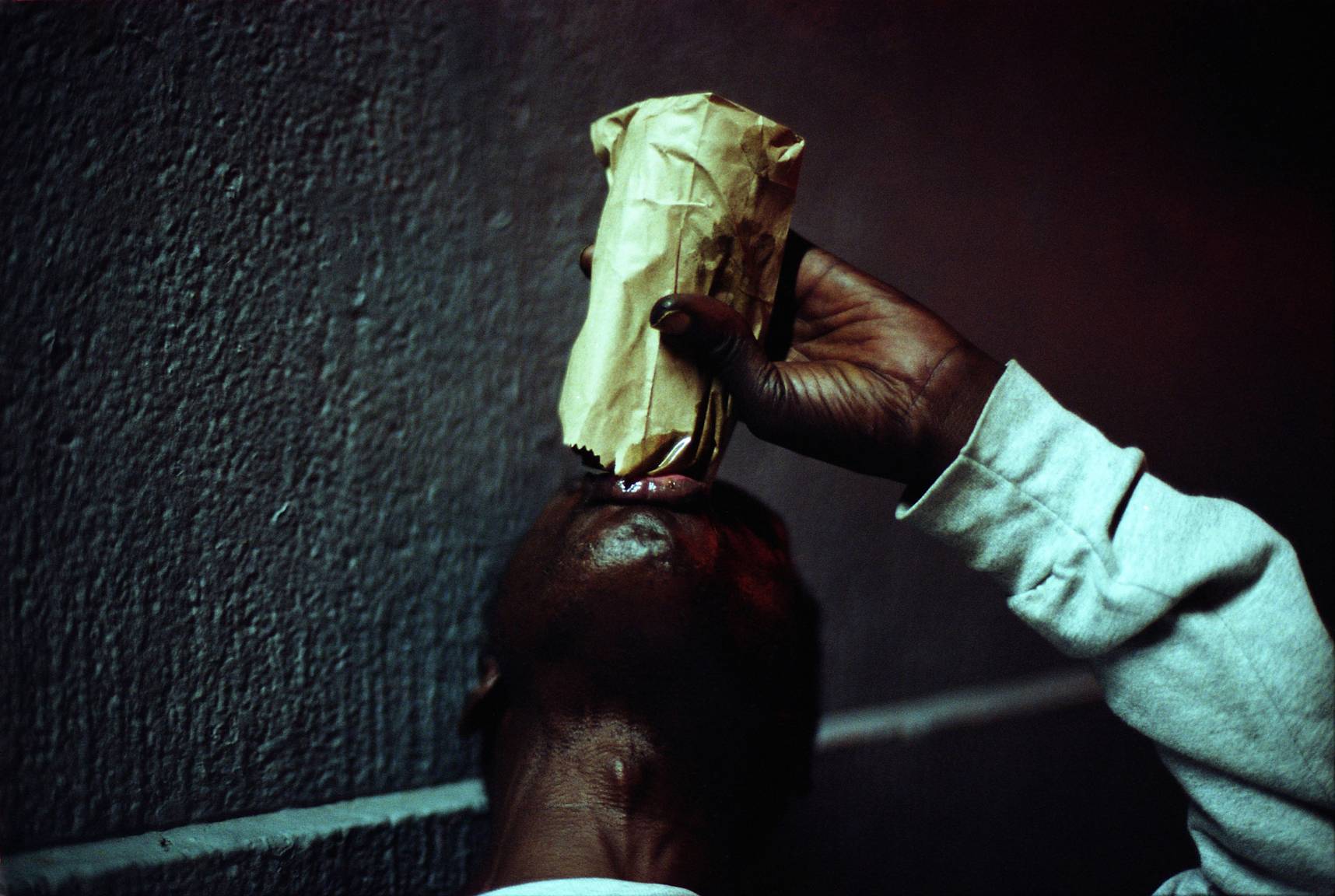

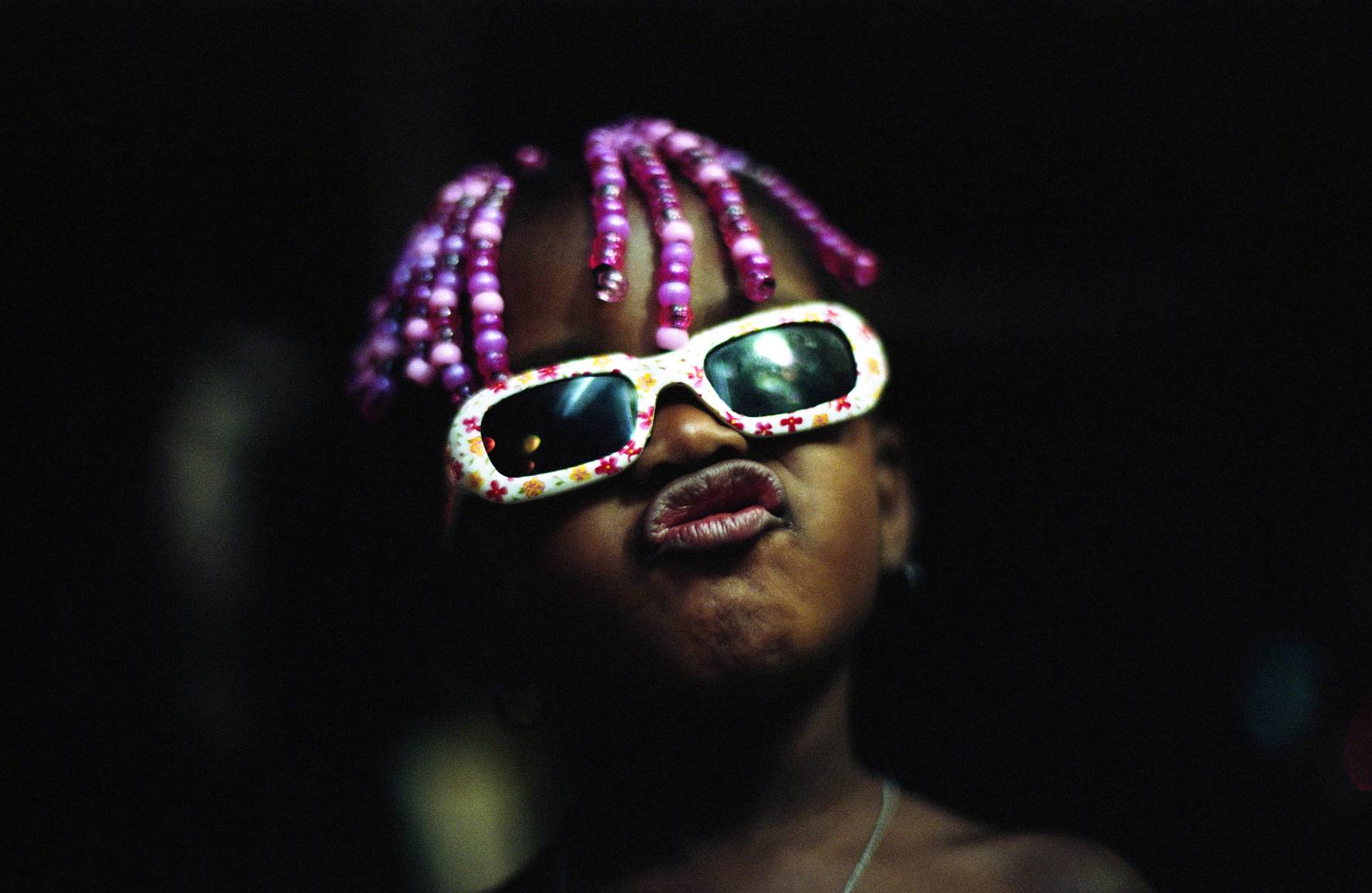









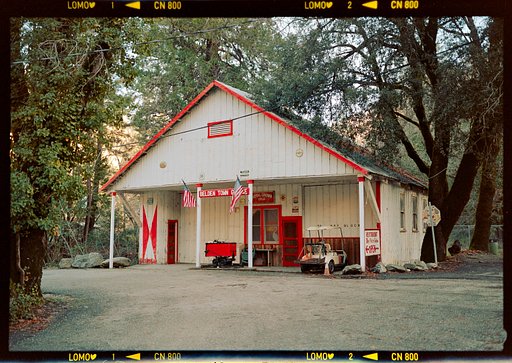


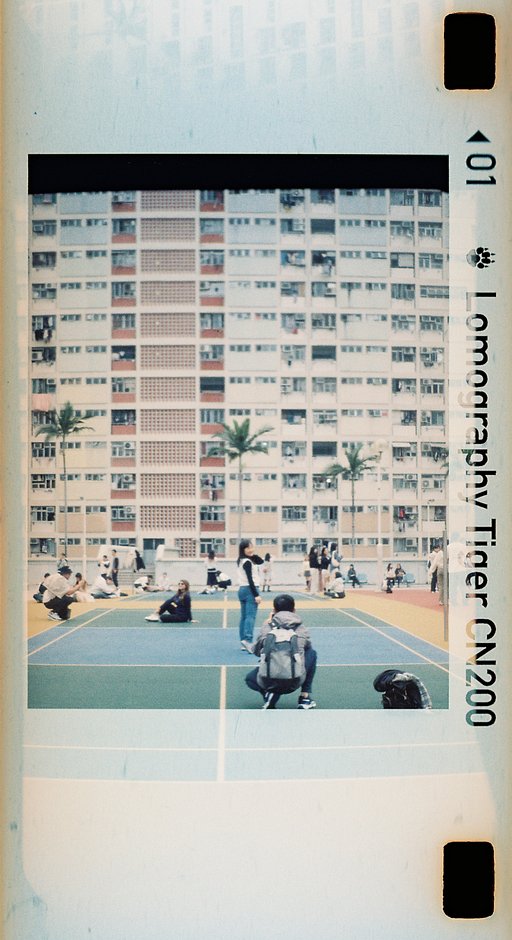


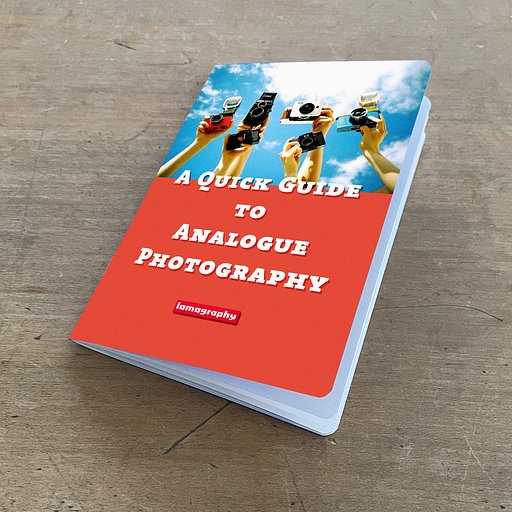
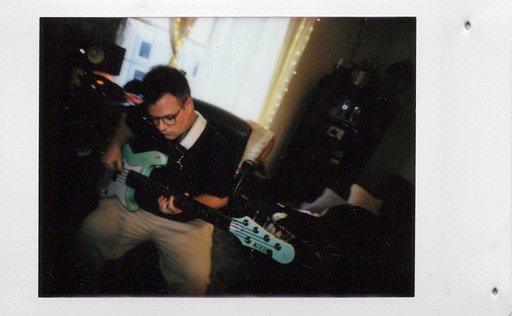

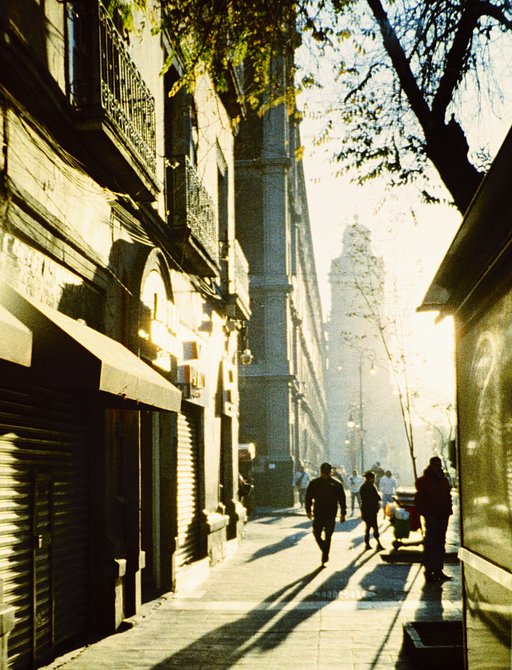
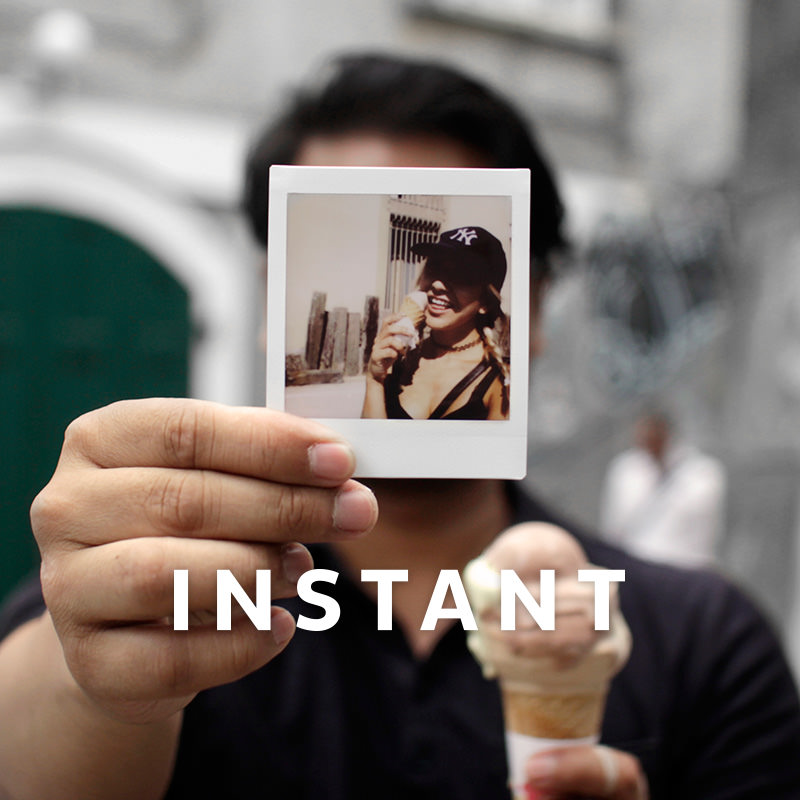
6 Comments